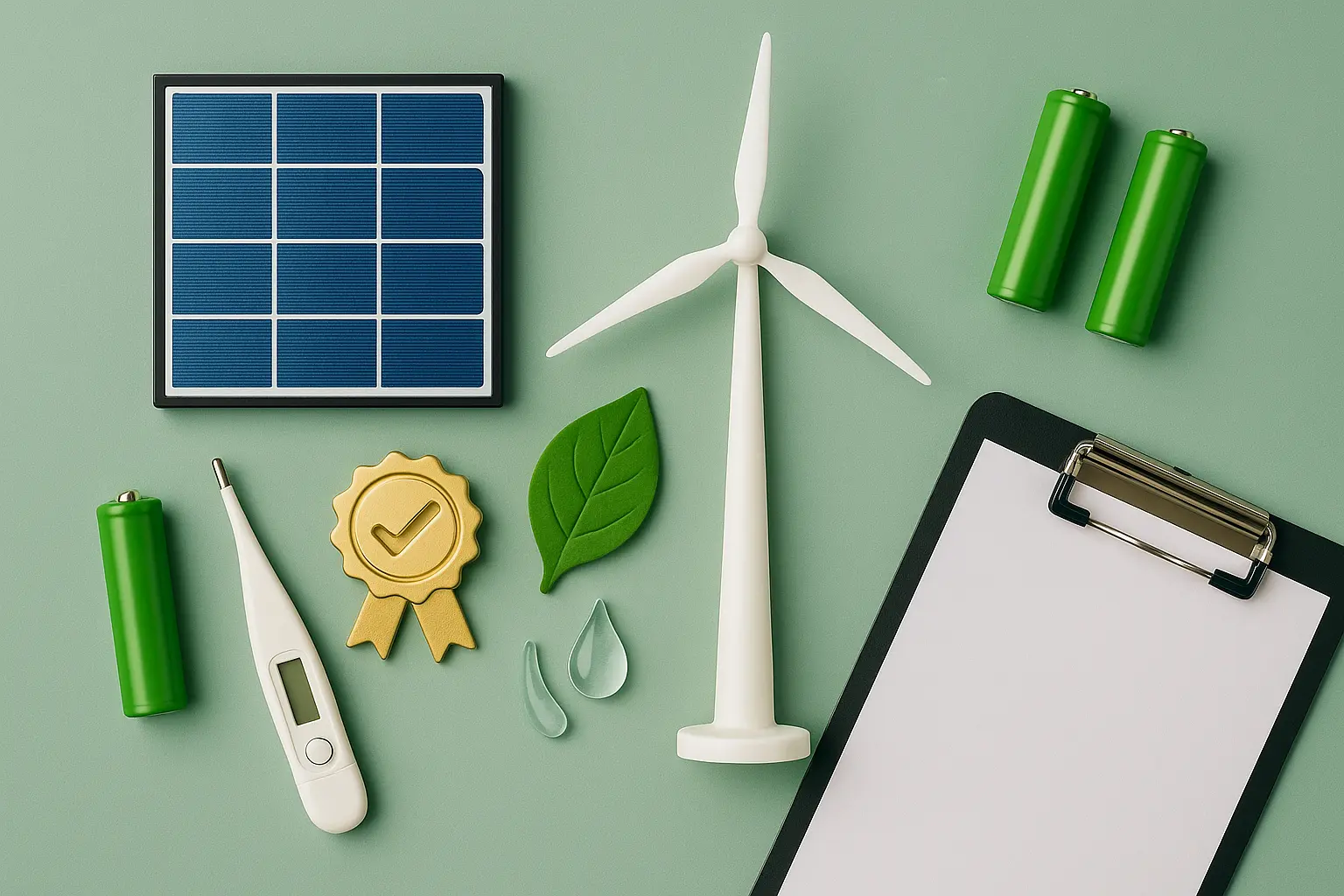IEC 62282 Fuel Cell Technologies Certification
The International Electrotechnical Commission (IEC) standard IEC 62282 is a cornerstone for the certification of fuel cell technologies. This standard provides guidelines and procedures to ensure that fuel cells meet stringent safety, performance, and environmental requirements. The standard applies to stationary fuel cells used in power generation systems.
The development and certification process under this standard are vital for ensuring that fuel cell products can operate reliably and safely in various environments. Compliance with IEC 62282 is a critical step towards market entry for manufacturers of fuel cell technologies, as it ensures interoperability between different fuel cell systems and components.
The standard covers several key areas including:
- Performance testing
- Safety and environmental compliance
- Interoperability requirements
- Testing procedures and methodologies
The certification process involves rigorous testing to ensure that the fuel cell meets all specified parameters. This includes performance tests, safety checks, and environmental impact assessments. Compliance with this standard is essential for manufacturers looking to demonstrate the reliability and efficiency of their products.
In addition to the technical requirements outlined in IEC 62282, there are also important considerations related to the certification process itself:
- Testing facilities must be accredited by a recognized body
- Test protocols must follow internationally accepted standards
- Data analysis and reporting must adhere to strict guidelines
The standard is continuously updated to reflect advancements in fuel cell technology, ensuring that it remains relevant and effective. This ongoing evolution ensures that the certification process can accommodate new technologies and practices as they emerge.
Compliance with IEC 62282 is a critical step for manufacturers of fuel cell technologies. It not only ensures product reliability but also helps in establishing trust among potential buyers, distributors, and regulators. Compliance with this standard can open doors to international markets where stringent safety and performance requirements are expected.
For companies involved in the development or production of stationary fuel cells, compliance with IEC 62282 is essential for meeting regulatory requirements and ensuring product reliability. This standard provides a comprehensive framework that covers all aspects of fuel cell technology, from design to deployment.
Applied Standards
| Standard | Description |
|---|---|
| IEC 62282-1:2017 | General technical requirements for stationary fuel cells and systems |
| IEC 62282-5:2015 | Performance tests of stationary fuel cell systems |
| IEC 62282-7:2013 | Safety requirements for stationary fuel cells and systems |
| IEC 62282-9:2014 | Environmental impact assessment of stationary fuel cells |
Scope and Methodology
The scope of IEC 62282 is broad, encompassing the entire lifecycle of stationary fuel cell systems. This includes design, manufacturing, installation, operation, and decommissioning.
The methodology for testing and certification under this standard involves several key steps:
- Initial assessment to determine compliance with the relevant sections of IEC 62282
- Testing in accordance with specified protocols
- Data analysis and reporting
- Certification issuance if all requirements are met
The testing process includes performance tests, safety checks, and environmental impact assessments. These tests are designed to ensure that the fuel cell meets all specified parameters for reliability, efficiency, and safety.
Performance tests evaluate the output power of the fuel cell under various conditions. Safety checks ensure that the fuel cell does not pose a risk to human health or the environment. Environmental impact assessments assess the potential environmental effects of the fuel cell during its lifecycle.
The data collected from these tests is analyzed and reported in detail. This includes performance metrics, safety findings, and environmental impacts. If all requirements are met, certification is issued, allowing the manufacturer to market their product as compliant with IEC 62282.
Quality and Reliability Assurance
- Data Collection: Rigorous data collection is essential for ensuring the reliability of the certification process. This includes detailed logging of performance metrics, safety checks, and environmental impact assessments.
- Analytical Methods: Advanced analytical methods are used to ensure accurate interpretation of test results. These methods include statistical analysis, computational fluid dynamics (CFD), and finite element analysis (FEA).
The quality assurance process is designed to be robust, with multiple layers of review and validation. This ensures that any potential issues are identified early in the process, minimizing the risk of non-compliance.
Reliability assurance focuses on ensuring that fuel cells perform consistently over time. This includes testing under various conditions, including extreme temperatures, humidity levels, and altitude changes. The results of these tests are used to refine design and manufacturing processes, further enhancing reliability.





